As part of our mission to promote excellent research in a multidisciplinary environment,
we are committed to training scientists and maximizing the impact of our research on
society.
Coordinated by the Academic Office, with the collaboration of other departments, complementary training focuses on our PhD and postdoctoral researchers. However, community-wide training activities are also implemented.

Training activities
We offer a wide range of regular training activities (courses and workshops) beyond the bench that seek to develop and strengthen the core complementary skills required for a successful research career. Our training programme addresses mainly transferable skills but also includes more technical courses. Training activities fall into the following categories:
1. Career Development
Workshops to improve researchers’ knowledge, skills and experience, enabling them to leverage their science and open up career opportunities beyond academia.
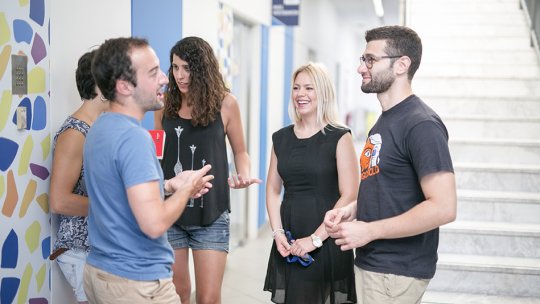
2. Innovation Series
IRB Barcelona’s Innovation Department is actively involved in the design of innovation-related training activities (either delivering them or facilitating contact with experts). Training is designed to enhance a wide range of both hard and soft skills associated with entrepreneurship and business development.
This section includes workshops and training activities, which fall into four axes, namely
Technology Transfer, Entrepreneurship, Value Proposition, and Innovation.
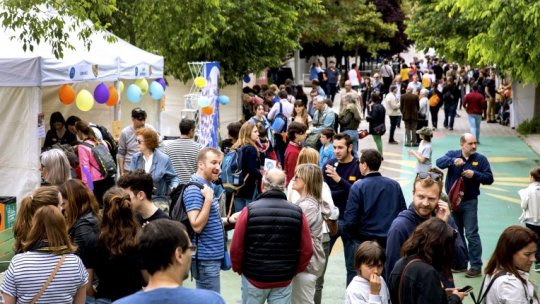
3. Communication
Workshops on communications skills aim to help PhDs and postdocs to improve their oral/writing communication not only when addressing a scientific audience but also the public in general.
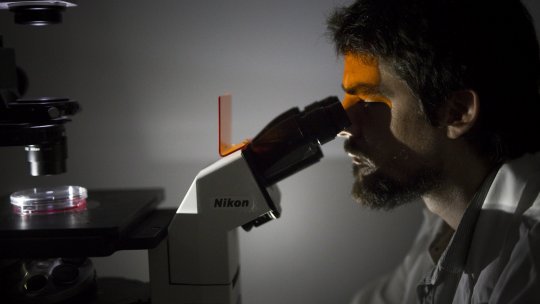
4. Scientific-Technical Training
Technical and scientific skills workshops seek to improve researchers’ abilities and knowledge with respect to specific techniques, computer skills, etc.
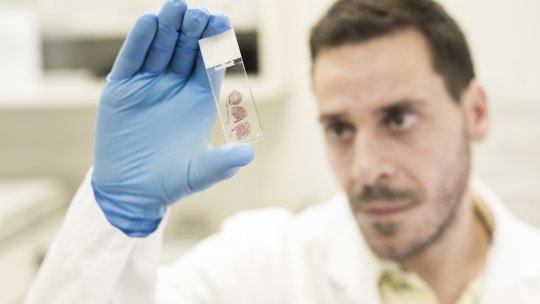
5. Personal Career development
Each PhD researcher is supervised by a Thesis Advisory Committee (TAC), composed of three members. This committee is responsible for tutoring, monitoring and guiding the PhD researcher in all aspects related to the thesis and career development. The TAC is intended not only to provide support and guidance on scientific issues but also to address any individual concerns that may arise.
Furthermore, following the principles of the European Charter of Researchers, as of 2020 IRB Barcelona is implementing a set of measures to reinforce career development in a personalised manner. In this regard, in 2019, various members of the Human Resources and Academic Affairs Department received specialised training as 'Career advisors' and are now developing individualised career development plans for PhD researchers, thereby helping them to identify, acquire or strengthen skills that will serve to enhance their employment prospects.
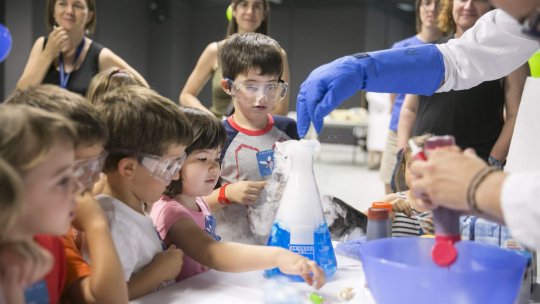
Activities Timeline
This course aims to familiarize students with key concepts related to research integrity and encourage reflection, discussion, and critical thinking about responsible research conduct and its role in today’s challenging research culture.
Entrepreneurship & innovation training course optimised for biomedical researchers is aligned with market demands and strategic policies. This course seeks to empower junior scientists by giving them the tools to explore their potential as entrepreneurs and their interest in pursuing careers in business or innovation management, thereby increasing their employability in academia and beyond.
The Advanced Digital Microscopy Core Facility is organising a 8-hours course on Advanced Optical and Fluorescence Microscopy and BioImage Analysis.
The workshop will introduce participants to the field of experimental histopathology by reviewing the basic concepts of pathology (macroscopic and microscopic lesions/tissue evaluation), and the routine and specialised histological techniques (IHC, IF, FISH, miltiplexingIF, etc) used to obtain and process tissue samples. Notions of digital pathology and image analysis will be also covered.
Moreover, several examples of the applications of histopathological studies to biomedical research will be presented.
The session is addressed mainly to PhD researchers and users of the Histopathology Facility (previous registration requested).
In this course we will introduce the basic concepts, techniques and procedures of Project Management.
The first session will concentrate on the well-established methods of classical transgenesis and gene-targeting via embryonic stem cells, and will include examples of how to produce a range of mutation types; for example over-expression models, gene knock-outs and point mutations, both constitutive and conditional.
The second session will address more recent developments, such as the use of gene-editing nucleases, their advantages and limitations, and novel methods of gene transfer.
In this course we will introduce the basic concepts, techniques and procedures of Project Management.
What can you do to make yourself a more effective doctoral researcher and get the most out of your PhD?
The workshop will provide a general description of the unit, an introduction to basic statistical concepts, an overview of research integrity topics and research data management, and hands-on experience of bioinformatic tools available on the web.
The Advanced Digital Microscopy Core Facility is organising a 7,5-hours course on Advanced Optical and Fluorescence Microscopy and BioImage Analysis.
